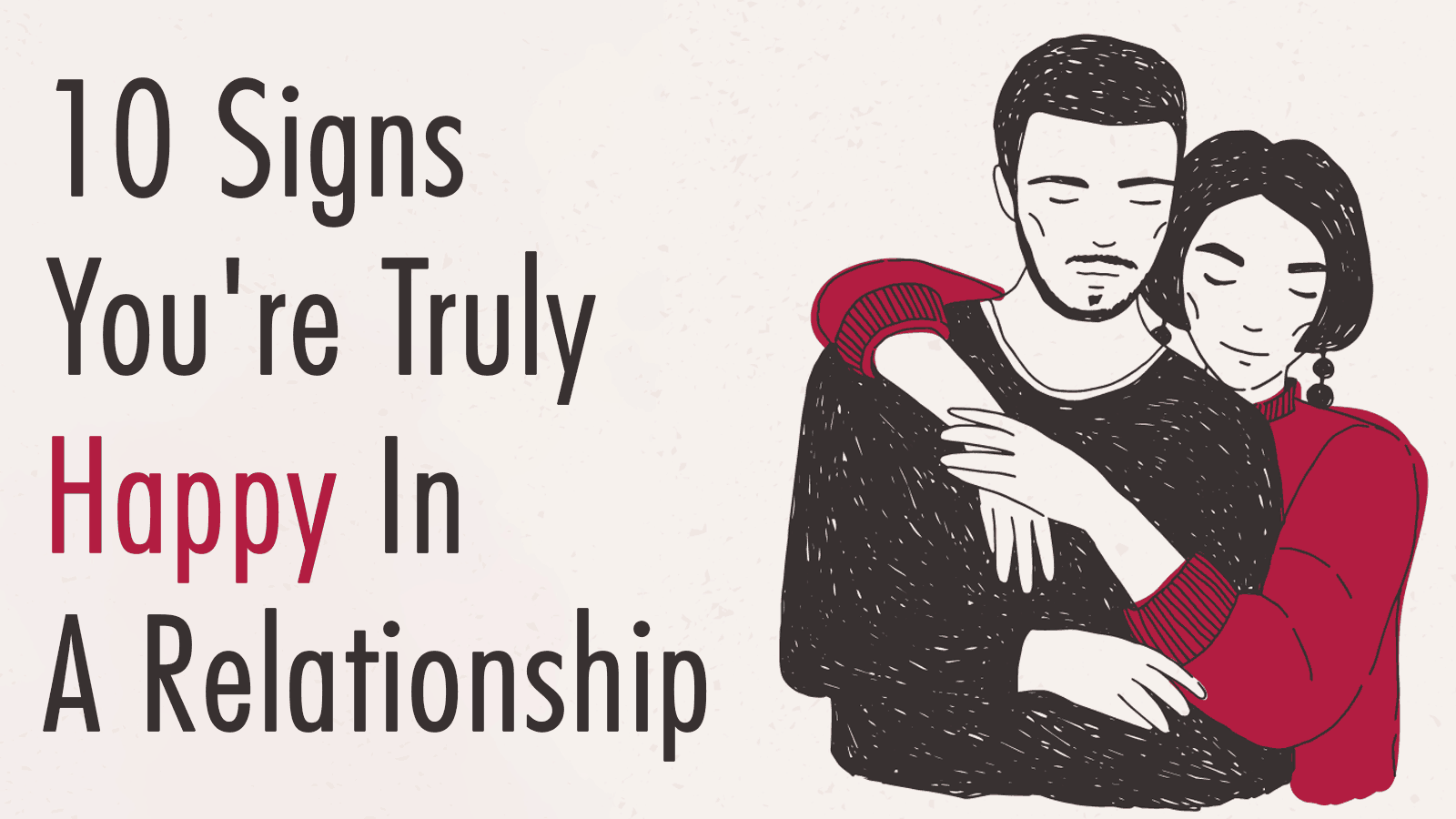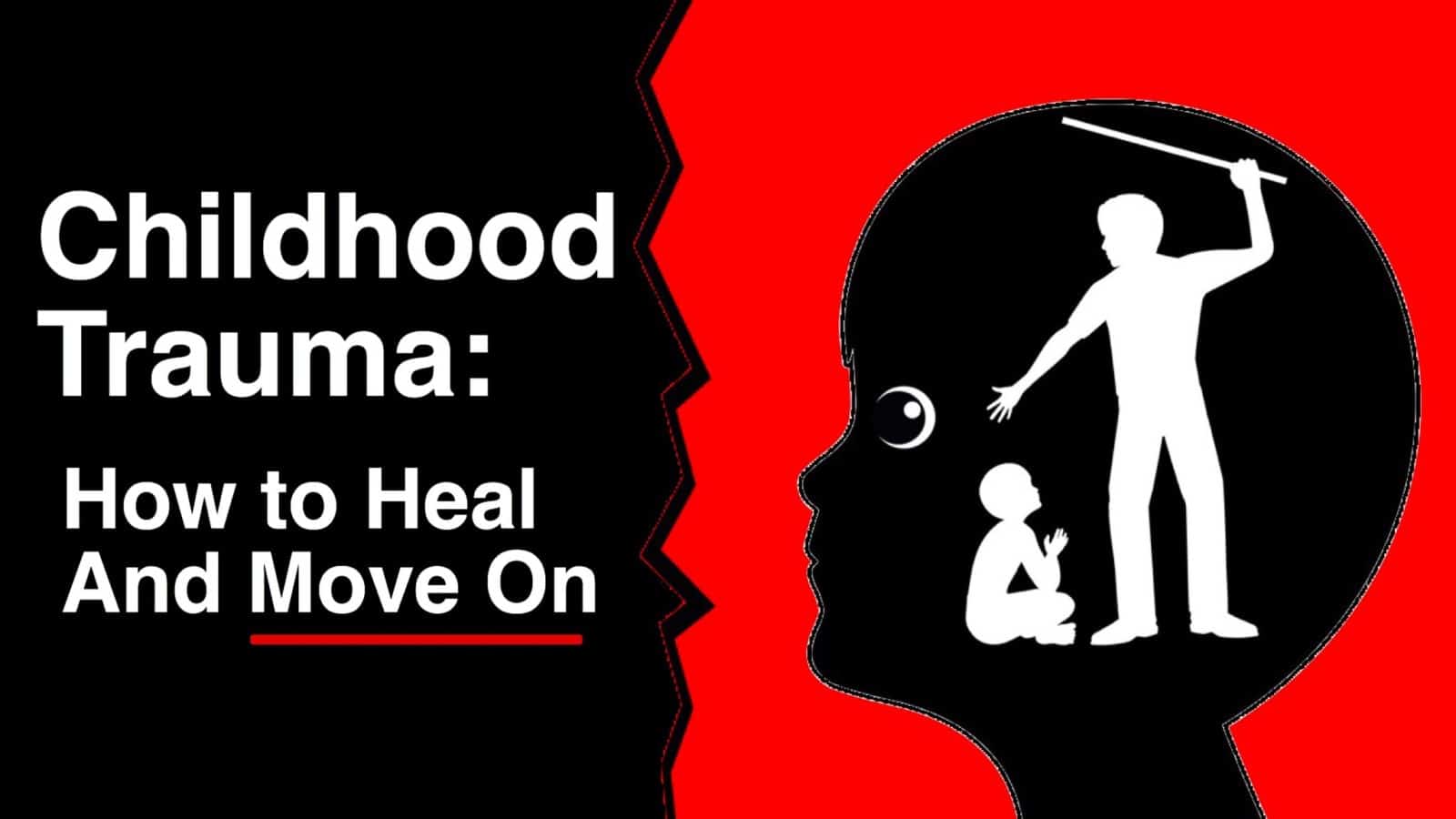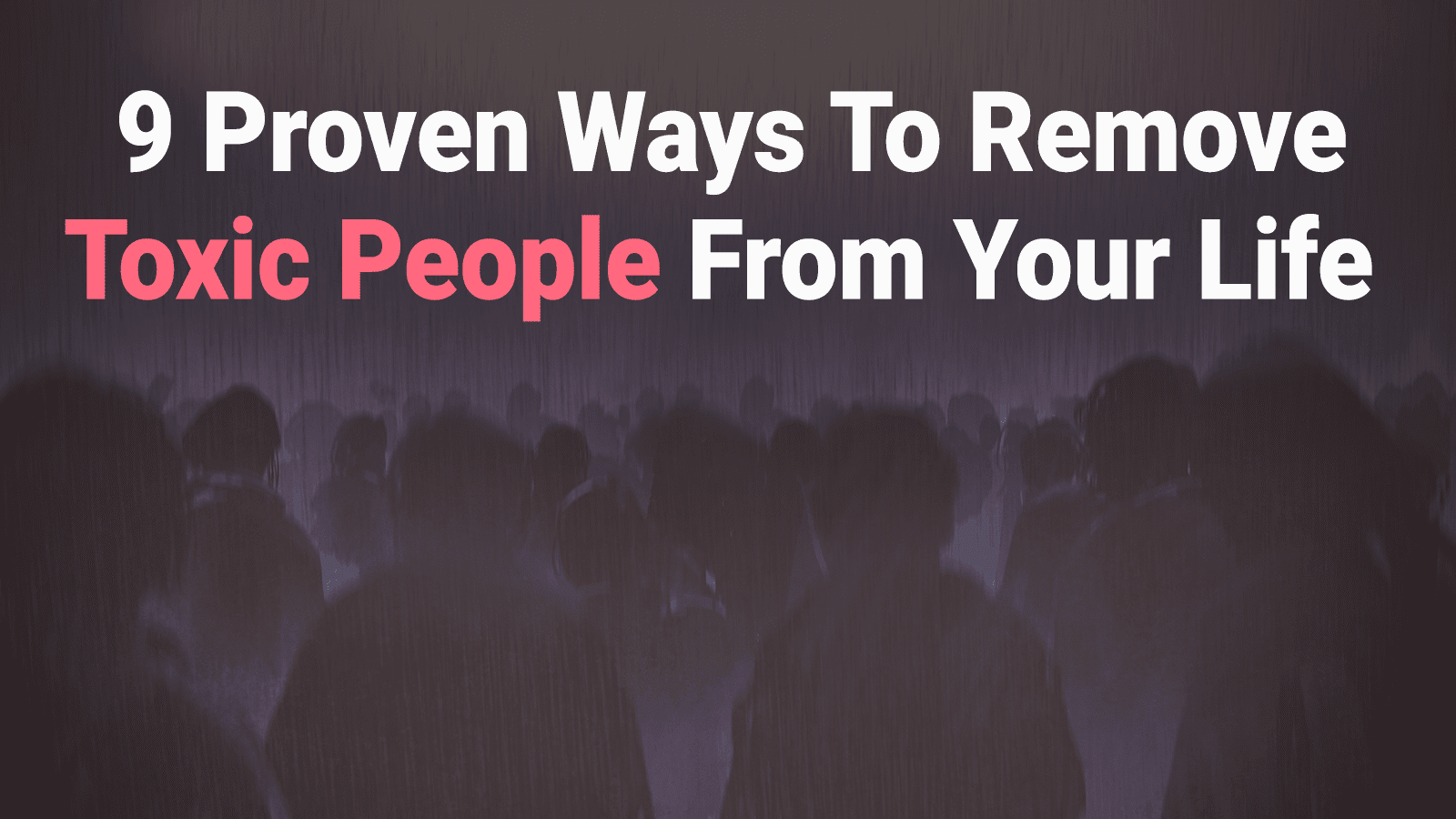Human beings are wired to want intimate relationships; to love and be loved. Whether you’re in an established long-term relationship or in the first wonderful months of new love, doing some routine relationship maintenance is just a good idea. While every relationship is unique, there are a few tried and tested practices that can often help in giving just about any relationship a boost. Use these relationship goals tips to go next level and make your bond stronger. And even if they don’t work perfectly for you the first time, hopefully they can be a starting point from which you can be inspired and maybe use as a springboard to try some similar techniques that work for you and your partner specifically. After all, the secret to a happy relationship is often nothing more than just a little bit of effort.
Ten Relationship Goals Tips To Make Your Bond Stronger
Make sure to communicate. Communication is one of the top relationship goals to keep your bond strong. Everything from a simple text to say hi to the big conversations let your partner know that they are front of mind and you value their opinion. Making sure to talk to your partner about feelings — and making room for them to talk about theirs — is integral to a healthy relationship and strong emotional bond.
Understand each other. Not everyone speaks the same love language. Making the effort to understand the language your partner is speaking is one of the best relationship goals to strengthen your bond. This could be through learning to read their body language, or it could be through simply talking more and being more open — explaining thoughts and feelings until each of your points of view are fully understood. If necessary, you might consider going to see a professional relationship counselor who can help you to better understand each other. When you understand not only what your partner is saying, but how they’re saying it, it waylays their fear of being open and honest.
Argue effectively. We won’t always see eye-to-eye with our partners and, sometimes, they may make us downright angry. Arguing is a normal and healthy part of any relationship. The key is to argue effectively and with compassion in mind. We need to speak our truth with kindness and love. If you don’t think you can be calm, make sure to take a time out and revisit the topic when cooler heads can prevail — yes, sometimes “going to bed angry” can be the best thing to do during a heated argument.
Make your relationship a priority. With our incredibly busy lives, it can be easy to put the needs of our relationship on the back burner. But, as with almost anything important in life, time and attention is essential in making it last. To make your bond stronger, make sure that your relationship is a priority. You can do this by scheduling couple time, checking in with each other, and showing your appreciation for each other.
Make time for yourself. While we all went to spend as much time with our partners as we can, it’s important to make time for yourself. When you make time for your hobbies and friends, the time apart from your partner can make your bond stronger. As Khalil Gibran wrote in The Prophet, “Let there be spaces in your togetherness and let the winds of Heaven dance between you.” While sometimes we may think that time apart is always a negative, it may in fact be crucial in keeping the relationship alive. Keep this relationship goals tip in mind to ensure that you find the right balance of “us time” and “you time”.
Stay intimate. Couples that are intimate at least once a week report the greatest satisfaction in their relationships. If your lives are so busy that you have to schedule physical contact, don’t let the lack of spontaneity deter you. A healthy and satisfying intimate life beyond the regular “honeymoon phase” is one of the relationship goals you definitely need to achieve to make your bond stronger.
Find time for fun. Couples that still have fun and make each other laugh have some of the strongest bonds. Let go, be silly, try new things, revisit old things, and most importantly have fun; your relationship will be the better for it. Even if it’s just something as simple as mini-golfing or paintballing on date night. Let your hair down together and have a little fun.
Grow together. As we move through life, we are all bound to change. Relationship goals will shift, but being in tune with your partner will keep you on the same page. Make time for weekly check-ins and talk about how each of you are feeling. This will go a long way toward making your bond that much stronger, and get you closer to being the type of “couple goals” that people talk about.
Keep dating each other. When you’re in a long-term relationship, it’s easy — and normal — to stop courting your partner. But when you make time to go on dates, it reminds you of when you were first dating which makes your bond stronger. Perhaps have a weekly or monthly designated “date night” so that you are more likely to commit to doing it regularly.
Be there for one another. When bad things happen, it’s important to be there for each other. By being empathetic to your partner, you let your partner know that they can be open and vulnerable with you. You will be their port in the storm and that will make your bond stronger.
At the end of the day we all want a deep and meaningful bond with our partners. We can have that if we’re willing to put in the work on our relationship. When you have real relationship goals, it encourages you and your partner to set the bar higher which will make your bond stronger, and ultimately result in a truly happy relationship.
https://www.youtube.com/watch?v=B1u8qaermPc











